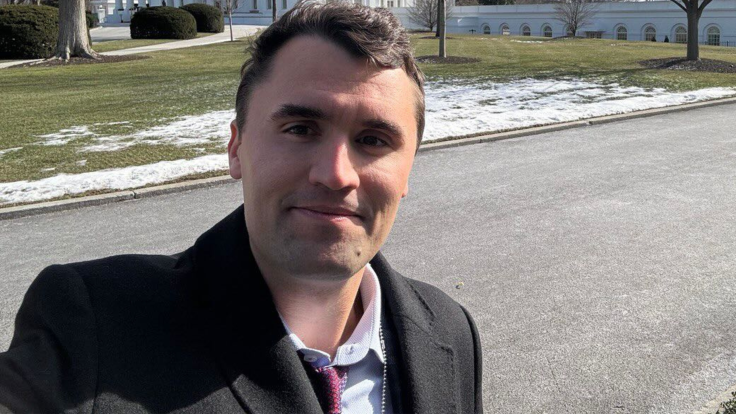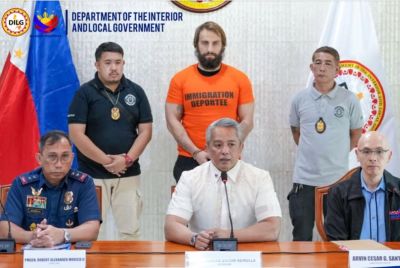Six Foreign Nationals in the US Lose Visas Over Charlie Kirk Comments
The State Department says it has revoked visas of six foreign nationals whose social media posts appeared to celebrate the assassination of conservative activist Charlie Kirk.

The US State Department has ordered the cancellation of visas of six foreign nationals from Argentina, Brazil, Germany, Mexico, Paraguay and South Africa after reviewing social-media posts that 'celebrated' or rationalised the assassination of conservative activist Charlie Kirk.
In posts on X, officials shared anonymised screenshots and said, 'The United States has no obligation to host foreigners who wish death on Americans.'
Deputy Secretary of State Christopher Landau said he directed consular staff to 'undertake appropriate action', with more reviews underway.
Visa Revocations Announced After Kirk Killing
Reuters and other outlets reported the department's move on 14 October, the same day President Donald Trump posthumously awarded Kirk the Presidential Medal of Freedom.
Officials framed the cancellations as a targeted response to online praise for violence following Kirk's September assassination at Utah Valley University.
The revocations underscore a sharper posture by the administration toward foreign nationals who appear on social media to endorse violence against Americans.
Civil liberties and academic observers, however, say the policy risks sweeping too broadly. Free-speech advocates point to earlier high-profile visa revocations and detentions — notably the case of Mahmoud Khalil, a Palestinian Columbia student arrested in March after the State Department flagged him in the context of campus protests — as evidence that visa powers can be used to punish political expression and dissent.
Courts and civil-rights groups have since pushed back in some cases, and judges have at times limited the government's ability to rely on foreign-policy pretexts to detain or deport non-citizens.
Amnesty International USA and other rights organisations have warned that a pattern of punitive visa and immigration measures could chill free expression globally and be used selectively against critics of US policy.
Legal and Diplomatic Limits
Legally, the State Department has broad discretion over visa issuance and revocation. US law permits consular officers to deny or cancel visas for national-security or public-safety reasons. But legal scholars say the line between permissible exclusions and constitutionally protected speech can be murky when applied extraterritorially or to non-citizens.
The question of whether a hostile social-media comment equals a genuine threat that justifies revocation may ultimately be settled in the courts. Diplomatically, the move risks friction with countries whose citizens were affected. The department did not identify the individuals by name.
What Happens Next
Expect additional cancellations as reviews continue, congressional oversight letters seeking criteria clarity, and possible lawsuits testing the limits of speech-based visa actions.
The administration says it will keep screening for posts that 'glorify violence'; critics will press for narrow, transparent standards that target incitement, not opinion.
© Copyright IBTimes 2025. All rights reserved.




















